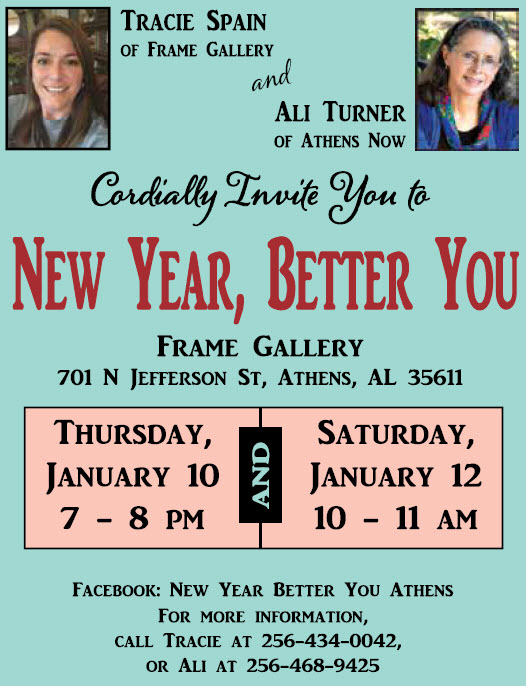Publisher’s Point: 2019 — A Whole Year To Head Toward Wholeness
 By: Ali Elizabeth Turner
By: Ali Elizabeth Turner
The ball dropped on New Year’s Eve, the guests are gone, the cleanup is over, the resolutions have been made, we’ve all gone back to work, now what? Well, believe it or not, I am not here to ask you about your New Year’s goals, or tell you about mine. In fact, I am here to say that the traditional approach to making resolutions doesn’t work! But I am here to talk about what can happen, what kinds of lasting changes can be made, and most importantly, why long-term change is not only possible, but completely predictable. What’s the catch? You have to be willing to grow a new brain in small, measurable doses, and that takes about 63 days. It is the process of what scientists call neuroplasticity, or “brain change” that makes all the difference, and understanding the science of change is one of the things that turns resolutions into results.
I have had the great privilege of being around some of the most famous neuroscientists, neurosurgeons, mental health advocacy lawyers, psychiatrists, and medical doctors in the world, and they all agree that we are “fearfully and wonderfully made,” or perhaps stated differently, we were hard-wired from the get go to do things well. This is true even if you were abused, raped, traumatized, bullied, endured in the field of combat, or were dropped on your head during potty training. Please understand, I am not making light of what for some is the genuinely excruciating pain of life, I am simply saying that scripture and science agree that you can be transformed by the renewing of your mind, and the evidence is mind-blowing. For a zillion resources on the science of change, go to www.drleaf.com.
So, why is it that by the end of January most people who made noble resolutions not only have not made any progress, but have completely forgotten that they made them in the first place? Some of it stems from a lack of focus, the wrong focus, or a misguided sense of rugged individualism that is spiritually bankrupt. Toss in some confusion regarding the difference between goal setting and making resolutions, add some self-loathing and a lack of gratitude, and you are back to drowning your sorrows in booze, a bong, or a pan of brownies.

Quickly, here is what to do. Bother to search out what you need to resolve, and when you need to set goals. Many changes need both approaches, and the difference comes from knowing if you want changes to be small or large, internal or external, time-stamped or eternal. Come to an understanding that your brain was designed to see the change as what the French call a fait accompli; literally “an accomplished fact.” Spending a bit of time each day zooming ahead in time and observing the desired finished product literally inspires your brain to align with your will to make the change. Jesus taught that. And for heaven’s sake, and I do mean that literally, partner with your Heavenly Papa to find out what things are the most important to Him, and then invite Him into the process.
Lastly, celebrate and record the changes, even if they are miniscule. In fact, if you want to come and experience tasty whole foods, along with people, products, and principles with the theme of “New Year, Better You,” please consider this an invitation to hang out with my friend Tracie Spain, manager of Frame Gallery, and me on the evening of Thursday, January 10, or Saturday morning, January 12. We’re heading toward wholeness in 2019, and we want you to come with us!
